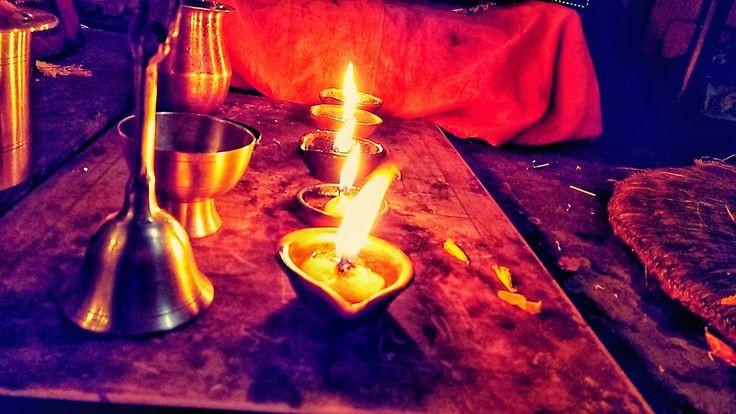In the early days of February 2012, as Nepal's spring began to paint the mornings with warmth and the days with gentle winds, a significant moment unfolded in my life. I experienced my first ever menstruation, or as it is commonly known, my first period. At the tender age of twelve, I was suddenly thrust into a world of uncertainty and fear, with no guidance on how to navigate it.
What made this experience even more daunting was the backdrop of my family's grief. My parents were in mourning, their hearts heavy with the loss of my grandfather. During this time of sorrow, I was isolated and misunderstood. I longed to be close to my grieving parents, to offer them comfort, but I was deemed "impure" for the first time in my life. The cultural and social norms that surrounded this event dictated that I could not visit my parents or even lay my eyes upon their grieving faces.
My aunts took it upon themselves to lock me away in a small, dimly lit storeroom. Within those walls, I felt like a prisoner in my own home. I had limited freedom, granted only the privilege of running to the bathroom at the end of the hallway when my aunt deemed it acceptable, ensuring that no one would witness my "impurity." My aunt supplied me with food, clothing, and sanitary pads, patiently guiding me through the unfamiliar process of using them. I was grateful for her assistance, but I could not fathom why I was confined to that room, forbidden from opening the curtains to let in the soothing sunlight or from interacting with my own brothers. The only permitted visitors were my sister and my aunt.
Days stretched into weeks, and my parents returned from their mourning rituals after a grueling eight days of my seclusion. My mother, despite her desire to see me, followed the strict orders set forth by my grandmother. She did not enter the room. It was not until thirteen days had passed that they allowed me to glimpse the sun once more and catch a distant glimpse of my father. Yet, I remained restricted; prohibited from touching the communal water source, entering any other rooms aside from my bedroom, or even using the family bathroom.
For a twelve-year-old, this was a peculiar and bewildering experience. I could not help but question the reasoning behind my twenty-one-day confinement. Why was I subjected to this isolation simply because I had experienced my first period? My mother used to tell me that menarche, as it is medically known, is a developmental milestone that symbolizes the transition from girlhood to womanhood. Yet, this transition came with archaic and restricting customs that left me feeling isolated and misunderstood.
As I reflect on that significant event in my life, I cannot help but wonder why such rituals persist. While cultural traditions hold value and meaning, it is essential to reevaluate and question practices that marginalize and isolate young girls during a time when they need guidance, support, and understanding the most.
While I was fortunate to remain within the confines of my own home, even if it was the dim storeroom, I couldn't help but think of the countless girls in rural areas who endure far worse fates. In some remote regions, they are imprisoned, not in a room, but by the confines of cattle sheds. There, they are left with little more than the company of animals, lacking proper clothing, nutritious food, or basic hygiene facilities. It is a heartbreaking reality that persists in our society, where the biological process of menstruation is still deemed "impure."
Tragically, many girls pay the ultimate price for these antiquated beliefs, losing their lives to a lack of understanding and compassion. It is high time we confront this stark reality and acknowledge the urgency for change. This strange ritual of isolation, which shrouds a girl's first menstruation in darkness and confinement, should be abolished without hesitation. In its place, we must champion education, open communication, and the loving embrace of family during this crucial phase of a girl's life.
By taking these steps, we can not only dispel the shadows of ignorance but also empower and include every young girl on her journey to womanhood. No longer should this transition be marred by isolation and confusion, but instead celebrated as a beautiful and liberating experience, rich with support and understanding. It is our collective responsibility to ensure that the dawn of womanhood shines brightly for all, regardless of their background or circumstances.
